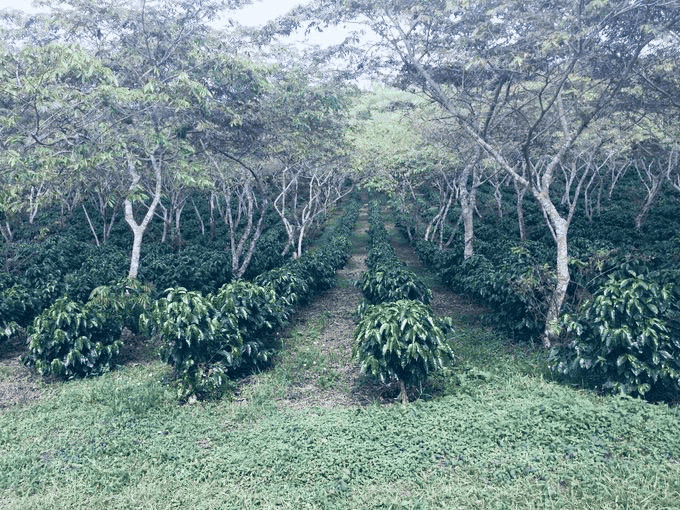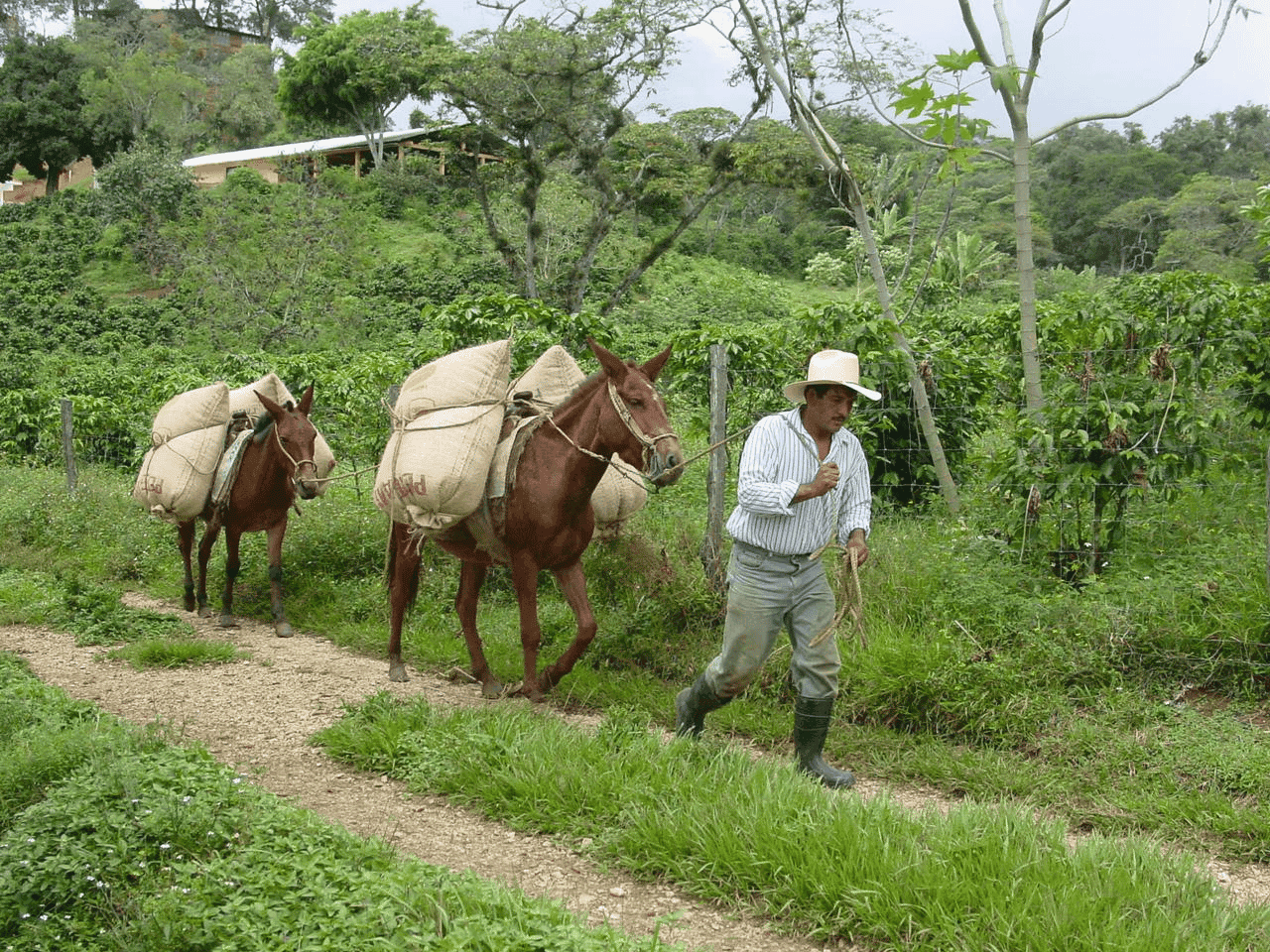
Mexico, a North American nation, borders the United States to the north and Guatemala and Belize to the southeast. In 1993, Mexico joined APEC (Asia-Pacific Economic Cooperation), and in 1994, it became a member of the OECD (Organisation for Economic Co-operation and Development), often referred to as the "club of advanced economies." Mexico is also a member of the G20. Since the 1990s, Mexico has pursued liberal economic policies and undergone rapid globalization, with Mexico City, the capital, symbolizing this transformation. The city is known for its skyline filled with high-rise buildings housing multinational corporations, hotels, and numerous large shopping malls, marking it as one of the world's leading metropolises. However, this economic growth has also led to issues such as urban concentration, overpopulation, and stark wealth disparities. To address these challenges, a populist president took office in 2018, campaigning on anti-poverty measures. The administration has focused on enhancing education and social welfare, including initiatives like expanded scholarships for youth to create a system where self-effort can lead to upward social mobility. Another notable feature of Mexico is its high rate of women's participation in society. Efforts to increase women's political representation since the 2000s have borne fruit, and as of May 2022, Mexico ranked fourth globally in the proportion of female members of parliament. Paradoxically, this progress has occurred against a backdrop of "machismo," a form of male chauvinism deeply rooted in Latin American society, particularly in Mexico. For many years, male violence against women has been a serious social issue. Known as the "Land of the Sun," Mexico, according to Japanese economist Yoshio Maruya, has developed a unique "mestizo culture" that blends passionate and hedonistic Spanish elements with Catholic influences. In this culture, the prevailing philosophy is that life is meant to be enjoyed.

Mexico's coffee production thrives in its southern region bordering Guatemala, with the states of Chiapas, Oaxaca, Veracruz, and Puebla leading the way. Approximately 500,000 Mexicans earn their livelihood from coffee, and 70% of them are small-scale farmers with less than 10 hectares of farmland. These farmers are often organized into cooperatives. Coffee's roots in Mexico trace back to the late 1700s, introduced during colonial rule and quickly adopted by small-scale indigenous farmers. The industry saw significant growth in the 1970s with the establishment of INMECAFE (Instituto Mexicano del Cafe), a government body that provided economic and technical support. However, a dramatic shift occurred in 1989 when the president took executive action to shut down INMECAFE, following the collapse of the International Coffee Agreement. This measure, aimed at distancing Mexico from the international coffee market, led to a coffee crisis from 1999 to 2003. In the face of adversity, Mexican coffee farmers demonstrated remarkable resilience. They formed cooperatives and pivoted towards organic and fair trade certifications to enhance their coffee's value and reduce dependence on volatile international prices. This move has positioned Mexico as a powerhouse in certified coffee production, now accounting for about 60% of the world's organic coffee output. Mexican coffee is known for its light body and bright, warm flavors, often evoking notes of nuts, stone fruits, and caramel. In recent years, there has been diversification in coffee varieties and processing methods. And these coffees are challenging traditional perceptions of Mexican coffee. While Mexico is still emerging as a specialty coffee producer, the global coffee community watches with anticipation.
Warehoused
Woolis 2021/22
Producer/Curator:
Angelica Bertram
Established in 2019 in Berlin, Germany, Woolis imports specialty-grade green coffee (a cupping score of 84 and higher) from Mexico and delivers it to roasters in Germany and other European nations…Read More
263roasters are interested
10roasters purchased
Sample Request :
Start
End
Pre-oder :
Start
End
Price
10.69 USDFOB/kg
Quantity
0/0 bags (60kg)
Samples
Out of Stock
-
Price
13.5 USDFOB/kg
Quantity
0/0 bags (60kg)
Samples
Out of Stock
-
Price
13.5 USDFOB/kg
Quantity
0/0 bags (60kg)
Samples
Out of Stock
-
Price
10.25 USDFOB/kg
Quantity
0/0 bags (60kg)
Samples
Out of Stock
-
Price
15.53 USDFOB/kg
Quantity
0/0 bags (60kg)
Samples
Out of Stock
-
Price
14.85 USDFOB/kg
Quantity
0/0 bags (60kg)
Samples
Out of Stock
-
Price
16.88 USDFOB/kg
Quantity
0/0 bags (60kg)
Samples
Out of Stock
-
Price
10.8 USDFOB/kg
Quantity
0/0 bags (60kg)
Samples
Out of Stock
-
Price
20.25 USDFOB/kg
Quantity
0/0 bags (60kg)
Samples
Out of Stock
-
Price
13.5 USDFOB/kg
Quantity
0/0 bags (60kg)
Samples
Out of Stock
-
Price
16.88 USDFOB/kg
Quantity
0/0 bags (60kg)
Samples
Out of Stock
-